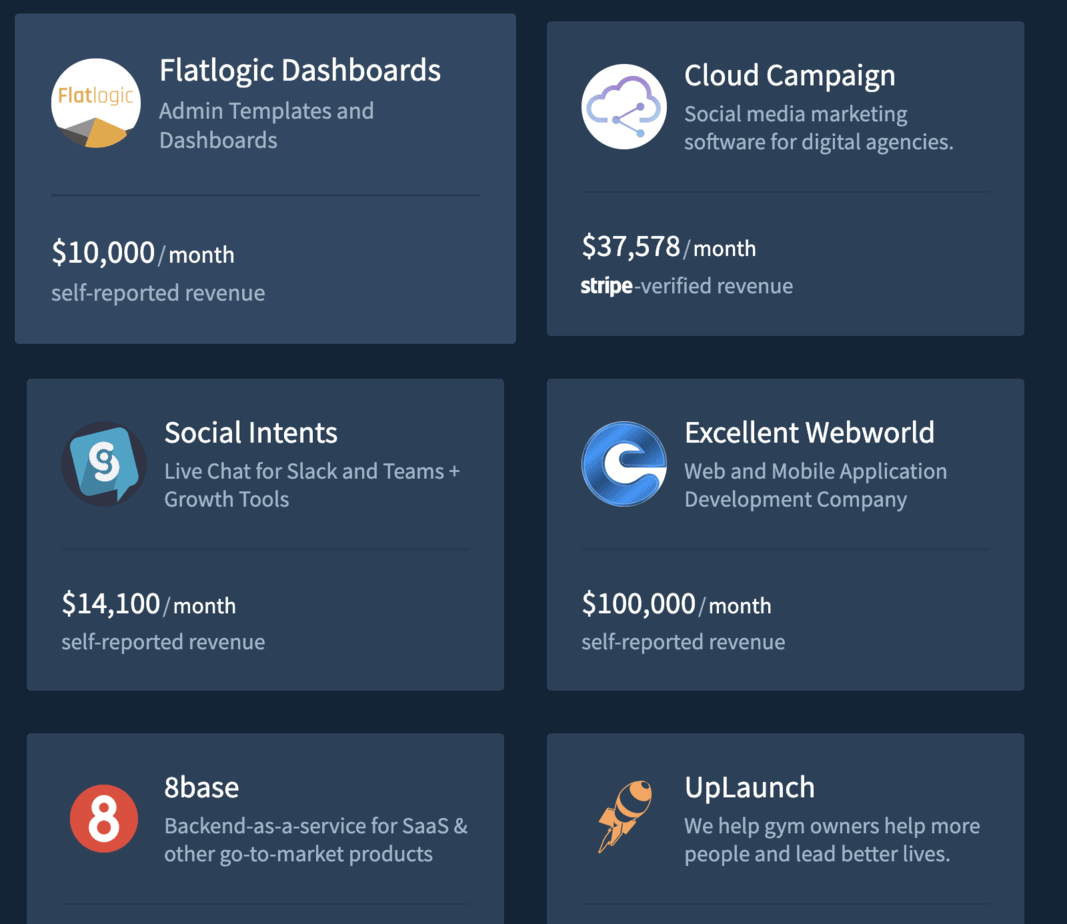Note: This post may contain affiliate links which means if you click on a link and purchase an item, we will receive an affiliate commission at no extra cost to you.
This is a repost of a viral Twitter thread by Sid Sijbraij, the Co-Founder & CEO of Gitlab, the largest fully remote company in the world:
Below is a thread about the future of remote work after the COVID-19 pandemic is over. I predict that remote will go through a trough of sorrow due to hybrid not working out, and most companies will return to being office based. But many all remote companies will see success.
The great news of this week is that from now on remote work will be allowed at Twitter, Square, Facebook and Shopify. But that doesn’t mean that they will close their headquarters or other offices. Link: Shopify Is Joining Twitter in Permanent Work-From-Home Shift
The amazing thing is that the following is happening during a pandemic: “Many companies are learning that their workers are just as or even more productive working from home,” according to Andy Challenger, SVP of staffing firm Challenger, Gray & Christmas. Link: Working from home post-COVID-19? Facebook, Apple, Twitter and Microsoft embracing remote work
I can’t stress enough how amazing it is that all remote is more effective even though it is happening suddenly, without proper organization, and during a pandemic that itself is stressful and lowering productivity, especially for people that have children that can’t go to school.
Somehow the lesson that companies deduce from this isn’t that that should go all remote, but that they should go hybrid, combining remote and co-located work. I think that hybrid is much harder and less likely to be successful. This thread will include examples of why it is hard.
Also these companies are going hybrid for the wrong reasons. According to Mark Zuckerberg “Social bond building, culture, creativity, white-boarding and brainstorming” needs to happen at the office. Link: Facebook to Shift Permanently Toward More Remote Work After Coronavirus
As Bretton Putter said in the linked tweet: “The majority of CEOs who ran office-based businesses before the pandemic and didn’t invest in their culture unknowingly relied on their office space environment to hold their unwritten culture together”.
The majority of CEOs who ran office-based businesses before the pandemic and didn't invest in their culture unknowingly relied on their office space environment to hold their unwritten culture together
— Bretton Putter (@BrettonPutter) May 22, 2020
When remote it is important to be intentional about informal communication (see the link). But that doesn’t mean that having part of the people in the office will help to make the remote people feel included, instead it will make it harder to include them.
When working remote it is important to formalize informal communication. Explicitly plan time to create, build, and maintain social connections and trust. In our handbook we list 15 methods https://t.co/OAYB1uKX3r which I'll summarize in this thread.
— Sid Sijbrandij (@sytses) April 17, 2020
And stop saying that all creative thinking needs a whiteboard. There are 2 advantages to a whiteboard (you can draw arrows and circles) but linked are 17 reasons why a shared Google Doc is better, including that everyone can write on it at the same time. Link: How do you collaborate and whiteboard remotely?
At Facebook, employees will have to be a certain level of seniority to be allowed remote. In our experience junior people tend to have more experience working digitally, not less. Link: Working from home post-COVID-19? Facebook, Apple, Twitter and Microsoft embracing remote work
With hybrid it is hard to give everyone the same work experience. Shopify did a great job thinking through this and will require everyone in a meeting to be physically separate and have their own camera and audio setup.
This means that the work experience should be the same for everyone who works together at Shopify no matter where they are working from. Everyone will be in their own tile during meetings and we will use the best digital communications tools to work together.
— Tobi Lutke (@tobi) May 21, 2020
If you don’t require this you get hybrid calls, and these are horrible (see link). The only thing worse isn’t getting invited to the meeting in the first place because the co-located people had an impromptu chat and even forgot to tell you the outcome. Link: GitLab Communication Handbook
I think that whenever there is a headquarter there will always be two ways of communicating. To get everyone on the same level you need the leadership to leave the shared office so that the only headquarter is the one online.
During COVID we tend to equate working remote with Working From Home (WFH). At GitLab we’ll pay for office space if you want it. WFH will never be the best for everyone. We do see that some people who prefer an office in the beginning transition to WFH during their first months.
My prediction is that at most hybrid companies the leadership will keep working from the headquarters and the default way of working will degrade from ‘remote first’ to ‘remote allowed’ (remote employees a second class citizens).
Employees will discover that the company didn’t make the shift from rewarding attendance to rewarding output, and that remote workers are not getting promoted at an equal rate because they are less visible. Jeff Morris Jr. had a good take on this in
Note that a friend just sent me:
I feel like WFH full time is the new “unlimited PTO”- like nice to have but good luck getting promoted and rising ranks as full remote employee.
— Jeff Morris Jr. (@jmj) May 21, 2020
The productive remote employees will leave for ‘all remote’ companies that invested in getting everyone a manager who understands what they do by having only one function reporting to a manager, not a multifunctional team of which the manager doesn’t understand most disciplines.
At GitLab much of the work is multi-disciplinary, but we don’t have the different disciplines report to the same manager. Instead we have stable counterparts and we require each hire to be a ‘manager of one’ who can self-organize without a project manager. https://about.gitlab.com/handbook/leadership/#no-matrix-organization
After their most productive remote people leave the hybrid companies will blame the lack of productivity on remote instead of the actual cause of hybrid being very hard. You’ll see the Yahoo/IBM like moves to force everyone to come to the office again. Link: Why IBM Brought Remote Workers Back To The Office — And Why Your Company Might Be Next
Andreas Klinger who is head of remote at AngelList summarized this as: “Returns optionally” -> leadership goes back -> trips from remote-first to badly run hybrid -> stop outside of special areas.
“Returns optionally” -> leadership goes back -> trips from remote-first to badly run hybrid -> stop outside of special areas
— Andreas Klinger 🏝 (@andreasklinger) May 21, 2020
Some companies will go all remote, part of them are already cancelling their leases during the pandemic, and another part will do so after finding out that hybrid is hard. Most of these will be successful which is wonderful for the world.
There is so much talent outside of the major metro areas and all of these people can suddenly compete for the high paying and rewarding jobs at the world’s leading companies. It will help spread income a bit more equally around the world (despite that inequality will still rise)
Companies will pay market rates based on your location (see link). Rates outside of major metro areas will go up. Market rate inside of major metro areas might go down a little bit but this is counteracted by the giant shortage of talent that still exists. https://about.gitlab.com/blog/2019/02/28/why-we-pay-local-rates/
I want to thank Sue Bostrom for the suggestion to write this and @darrenmurph for partnering on remote. I welcome questions and suggestions. If you want to learn more about remote work we wrote an e-book full of tips that you can download from our homepage https://about.gitlab.com/
I just had two great people ( @maccaw the CEO of Clearbit and @mattmochary ) interview me about the risk of hybrid and how to create social connection during remote work.










Leave a Reply
View Comments